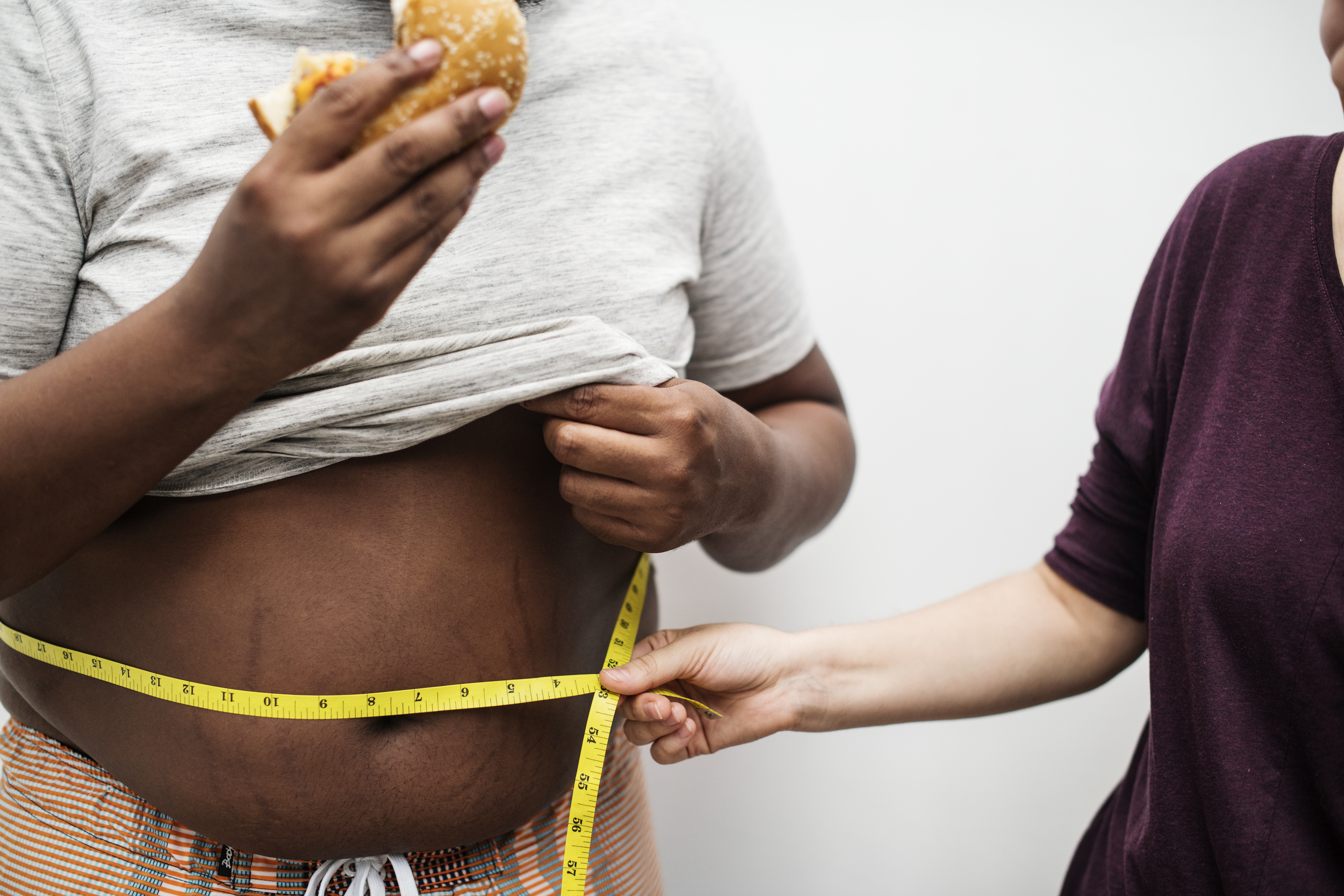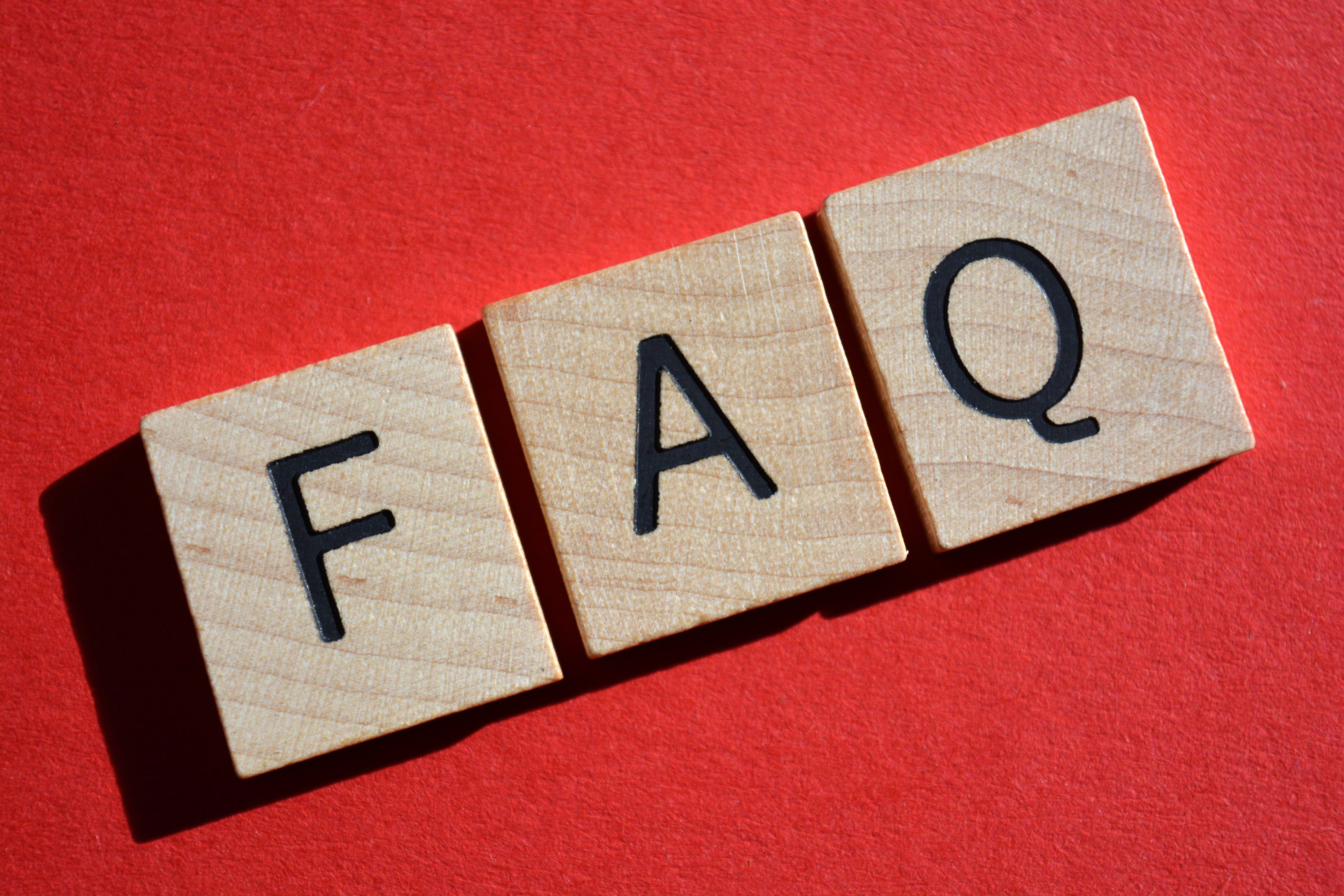Gastric band surgery is a popular weight loss procedure designed to help individuals struggling with obesity achieve long-term weight loss by reducing the size of the stomach. While it can be highly effective in helping patients lose a significant amount of weight, one common concern is whether it’s possible to regain weight after the procedure. The answer, unfortunately, is yes. Although gastric band surgery helps control portion sizes and manage hunger, it is still possible to regain weight if certain factors aren’t properly managed.
In this article, we’ll explore the reasons why some people may regain weight after gastric band surgery, how to avoid this outcome, and strategies for maintaining long-term weight loss success.
1. How Gastric Band Surgery Works
Gastric band surgery involves placing an adjustable silicone band around the upper portion of the stomach to create a smaller stomach pouch. This limits the amount of food you can eat at one time, making you feel full sooner and helping reduce overall calorie intake. The band is adjustable, meaning that it can be tightened or loosened as needed to optimize weight loss.
Key Benefits:
- Portion control: The smaller stomach pouch helps reduce the volume of food consumed.
- Hunger management: The band slows digestion, helping you feel fuller for longer.
- Adjustable: The band can be tightened or loosened based on weight loss progress.
While gastric banding can help facilitate weight loss, the surgery itself is only a tool. Long-term success depends on lifestyle changes and maintaining a healthy relationship with food.
2. Why Do Some People Regain Weight After Gastric Band Surgery?
There are several reasons why individuals may regain weight after gastric band surgery. These factors are often related to diet, lifestyle habits, or complications with the band itself.
2.1. Overeating or Eating Calorie-Dense Foods
Even with the reduced stomach capacity, it’s still possible to overeat or consume high-calorie foods that can lead to weight gain. Eating calorie-dense foods like sugary snacks, fried foods, or high-fat meals can result in excess calorie consumption, even in small portions.
How to Avoid This:
- Focus on eating nutrient-dense, low-calorie foods such as lean proteins, vegetables, and whole grains.
- Avoid processed and high-sugar foods that provide little nutritional value but are high in calories.
2.2. Stretching the Stomach Pouch
Over time, it’s possible to stretch the stomach pouch by consistently eating larger portions or eating too quickly. This can reduce the effectiveness of the gastric band, allowing more food to be consumed before feeling full.
How to Avoid This:
- Stick to small portions and chew your food thoroughly to avoid overfilling your stomach.
- Eat slowly, giving your body time to signal fullness before overeating.
2.3. Lack of Regular Band Adjustments
Gastric band adjustments are crucial for maintaining optimal weight loss results. If the band is too loose, it may not provide the necessary restriction to limit portion sizes, which can lead to increased food intake and weight gain.
How to Avoid This:
- Schedule regular follow-up appointments with your healthcare provider to monitor and adjust the band as needed. Ensuring the band is properly adjusted will help manage hunger and control portion sizes.
2.4. Emotional or Stress Eating
For many people, food is a source of comfort during stressful or emotional situations. After gastric band surgery, emotional eating can still be an issue, as it may lead to overeating or choosing unhealthy, high-calorie foods.
How to Avoid This:
- Develop alternative coping strategies for stress and emotions, such as physical activity, meditation, or talking to a counselor. Addressing emotional eating can help prevent weight regain.
2.5. Lack of Physical Activity
Regular exercise is an essential part of maintaining long-term weight loss after gastric band surgery. Without regular physical activity, it’s more difficult to burn calories, build muscle, and maintain the weight loss achieved through surgery.
How to Avoid This:
- Incorporate at least 150 minutes of moderate physical activity into your weekly routine. Activities such as walking, swimming, or strength training can help maintain weight loss and improve overall health.
3. Signs You Might Be Gaining Weight After Surgery
While it’s normal for weight loss to slow down after the initial post-surgery phase, weight regain can be a cause for concern. Here are some signs that you may be regaining weight after gastric band surgery:
3.1. Feeling Less Full After Meals
If you’re noticing that it takes more food to feel full than it did in the months after surgery, it could be a sign that your stomach pouch has stretched or that the band needs adjusting.
3.2. Eating Larger Portions
If you’ve started to increase your portion sizes, even without realizing it, you may be at risk of weight regain. Gradual portion size increases can sneak up on you if you’re not mindful of your eating habits.
3.3. Craving High-Calorie Foods
Frequent cravings for high-sugar, high-fat, or processed foods can contribute to weight regain. These foods are calorie-dense and can easily add up in terms of calories consumed.
3.4. Skipping Exercise
If you’ve fallen out of the habit of regular exercise, you may notice that weight loss slows down or even reverses. Physical activity is essential for maintaining muscle mass and burning calories.
4. Strategies for Maintaining Long-Term Weight Loss
To ensure long-term success after gastric band surgery, it’s important to adopt and maintain healthy habits that support weight management. Here are some key strategies:
4.1. Stick to Your Post-Surgery Diet Plan
Following your recommended post-surgery diet is essential for maintaining weight loss. Focus on eating small, nutrient-dense meals and avoid high-calorie, low-nutrient foods. Remember that portion control is key.
4.2. Stay Active
Incorporating regular physical activity into your routine helps burn calories and maintain weight loss. Aim for a mix of cardio and strength training exercises to support both fat loss and muscle maintenance.
4.3. Keep Up with Band Adjustments
Regularly checking in with your healthcare provider to ensure that your gastric band is properly adjusted will help control hunger and portion sizes. If you notice increased hunger or reduced fullness after meals, it may be time for an adjustment.
4.4. Manage Emotional Eating
If emotional eating is a challenge, seek support through therapy, support groups, or counseling. Learning how to manage stress and emotions without turning to food is crucial for long-term success.
4.5. Monitor Your Progress
Regularly track your weight, food intake, and exercise to stay accountable. Monitoring your progress can help you catch early signs of weight regain and make adjustments as needed.
5. When to Seek Help
If you notice significant weight regain after gastric band surgery, it’s important to seek help from your healthcare provider. Weight regain can occur due to various factors, including band complications or changes in eating habits. Your doctor can help identify the cause of weight regain and recommend adjustments to your treatment plan, whether that involves dietary changes, psychological support, or further adjustments to the gastric band.
Key Signs to Seek Medical Advice:
- Persistent weight gain despite following your diet and exercise plan.
- Frequent discomfort or pain while eating.
- A noticeable change in your hunger levels or portion sizes.
Frequently Asked Questions (FAQ)
Here are some common questions about weight regain after gastric band surgery:
1. Can you regain weight after gastric band surgery?
Yes, it is possible to regain weight after gastric band surgery, especially if dietary and lifestyle changes aren’t maintained. Overeating, consuming calorie-dense foods, and a lack of exercise can contribute to weight gain.
2. How can I prevent weight regain after gastric band surgery?
To prevent weight regain, stick to your post-surgery diet, focus on portion control, avoid high-calorie foods, and maintain a regular exercise routine. Regular adjustments to the gastric band and check-ins with your healthcare provider are also essential.
3. Why am I gaining weight after my gastric band surgery?
Weight gain after gastric band surgery can occur for several reasons, including overeating, not following the recommended diet, consuming high-calorie foods, or emotional eating. Additionally, your band may need to be adjusted if it’s too loose, allowing larger portions.
4. Can stretching the stomach pouch cause weight regain?
Yes, consistently eating large portions can stretch the stomach pouch, reducing the band’s effectiveness and allowing you to eat more. This can lead to weight regain over time.
5. What should I do if I start regaining weight after gastric band surgery?
If you notice weight regain, consult your healthcare provider. They can assess whether your band needs adjustment, help you revise your diet, or recommend additional support, such as therapy for emotional eating.
6. How does emotional eating affect weight regain?
Emotional eating can lead to consuming more food than necessary, particularly high-calorie comfort foods. This behavior can result in weight gain even after surgery. Seeking support through counseling or therapy can help manage emotional triggers.
7. How important is exercise in maintaining weight loss after gastric band surgery?
Exercise is critical for maintaining weight loss after surgery. It helps burn calories, maintain muscle mass, and improve overall health. A combination of cardiovascular exercises and strength training is recommended.
8. How often should I have my gastric band adjusted?
Gastric band adjustments are typically done based on individual progress. In the first year, you may need more frequent adjustments to optimize weight loss. After that, adjustments can be made periodically as needed to manage hunger and portion sizes.
9. Can I regain weight if I don’t attend follow-up appointments?
Yes, missing follow-up appointments can lead to weight regain, especially if your band isn’t adjusted properly. Regular check-ins with your healthcare provider are essential for long-term success.
10. Can certain foods cause weight regain after gastric band surgery?
Yes, consuming high-calorie, sugary, or processed foods can lead to weight regain, even if eaten in small portions. Focus on nutrient-dense foods like lean proteins, vegetables, and whole grains to maintain weight loss.
Weight regain is possible after gastric band surgery, but it can be prevented by sticking to a healthy diet, managing portion sizes, staying active, and regularly adjusting the band with your healthcare provider. By adopting the right habits and addressing emotional eating, you can maintain long-term weight loss and enjoy a healthier lifestyle. If you notice signs of weight regain, consult your healthcare provider for guidance and support.
 Clinic Booking
Clinic Booking.jpg)




 No Record
No Record